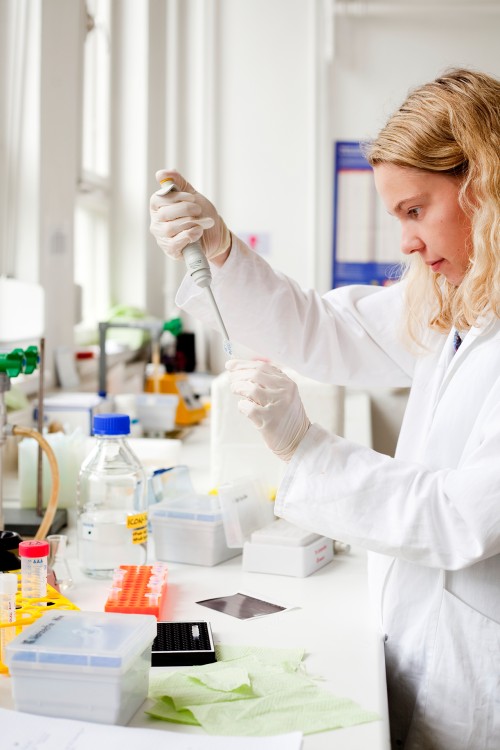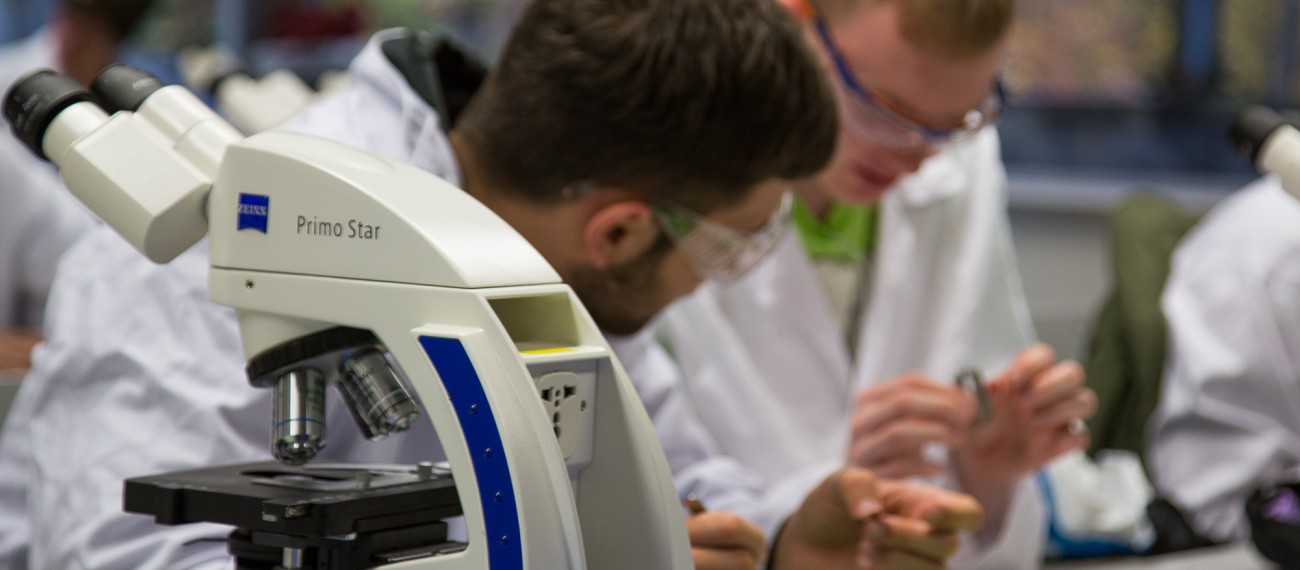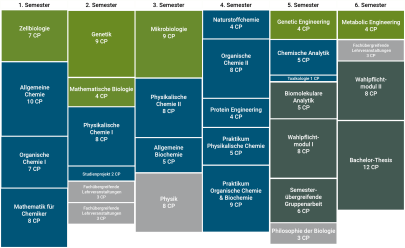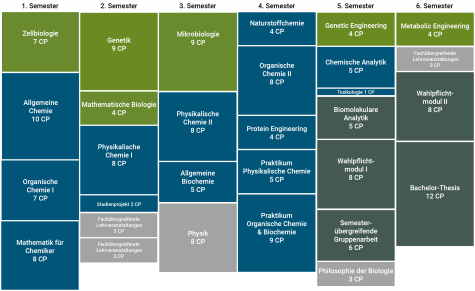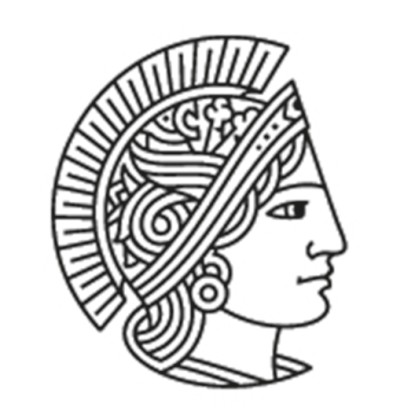Applications for the first semester of the Bachelor's degree programme BME are only possible for the winter semester. In the summer semester, only applications for higher semesters can be accepted. The application deadline for the winter semester is 15 July, the deadline for the summer semester is 15 January (cut-off deadlines)
Application for the Bachelor's degree programme BME is only possible online via the central application portals TUCaN or movein of the TU Darmstadt. The application documents must be submitted to the central student service. Application documents will not be processed unless complete.
The following documents are required for the application:
- proof of a higher education entrance qualification
- letter of motivation
- curriculum vitae
- certificates for extracurricular qualifications
- contact details (e-mail, telephone)
- proof of insurance from health insurance company
Detailed information on the entry examination procedure can be found in the Regulations for the Bachelor's Programme in Biomolecular Engineering.
The entrance examination is carried out by a panel. It consists of lecturers of the Bachelor's Programme in Biomolecular Engineering. Members of the student representative committee of the Department of Biology assist the panel in an advisory capacity. The entrance examination includes two stages.
Stage 1:
During the first stage of the selection process, the overall grade of the higher education entrance qualification as well as the half-year grades of the subjects German, Mathematics, English and up to three natural sciences continued in the Abitur are taken into account. In addition, up to 30 points can be obtained through extracurricular qualifications. A score is calculated from the available grades and any extracurricular qualifications (the exact calculation can be found in the Regulations of the Bachelor's degree programme BME). Applicants who achieve a score of 225 or higher are considered suitable.
Stage 2:
Applicants who do not achieve a score of 225 points but who submitted a promising application based on subject-specific qualifications (certificates of apprenticeship, etc.), will be invited to an entrance interview. In the 20-minute interview with two members of the panel, the motivation of the applicants and their suitability for the degree programme are discussed. The appointments are made by the offices of student affairs of the departments of biology and chemistry. The interview date cannot be changed. The invitation to the entrance interview is sent electronically. Therefore, please take care to enter a correct e-mail address and check your e-mail account regularly (spam folder, unknown sender, etc.).
